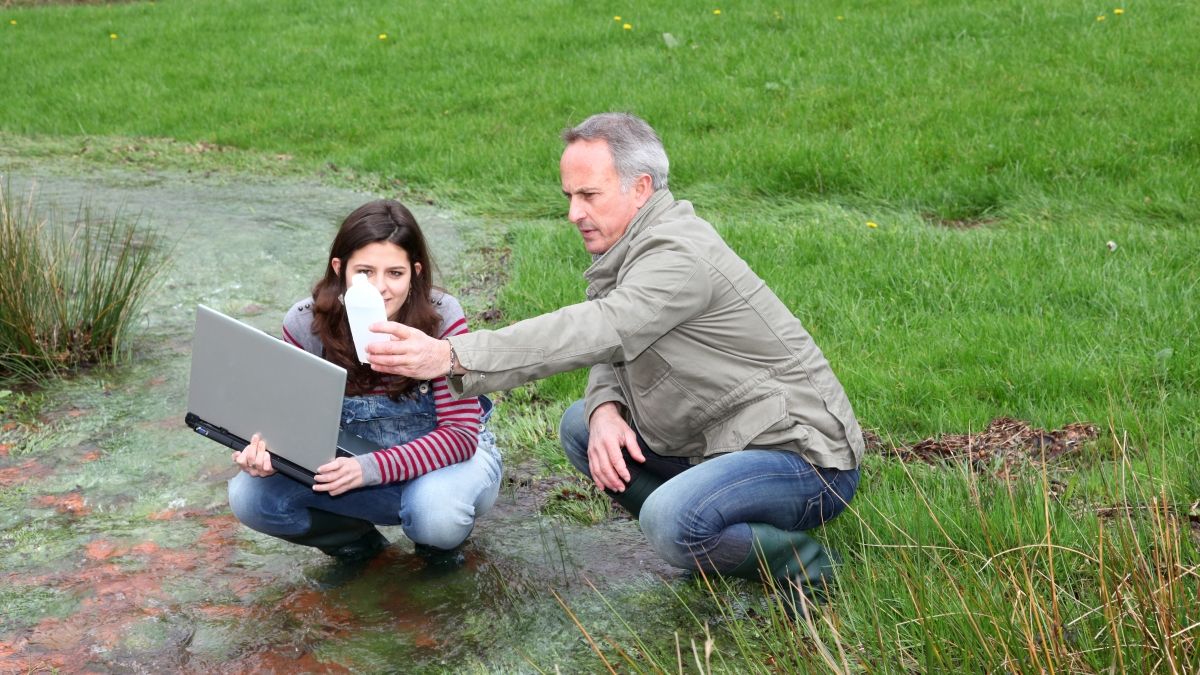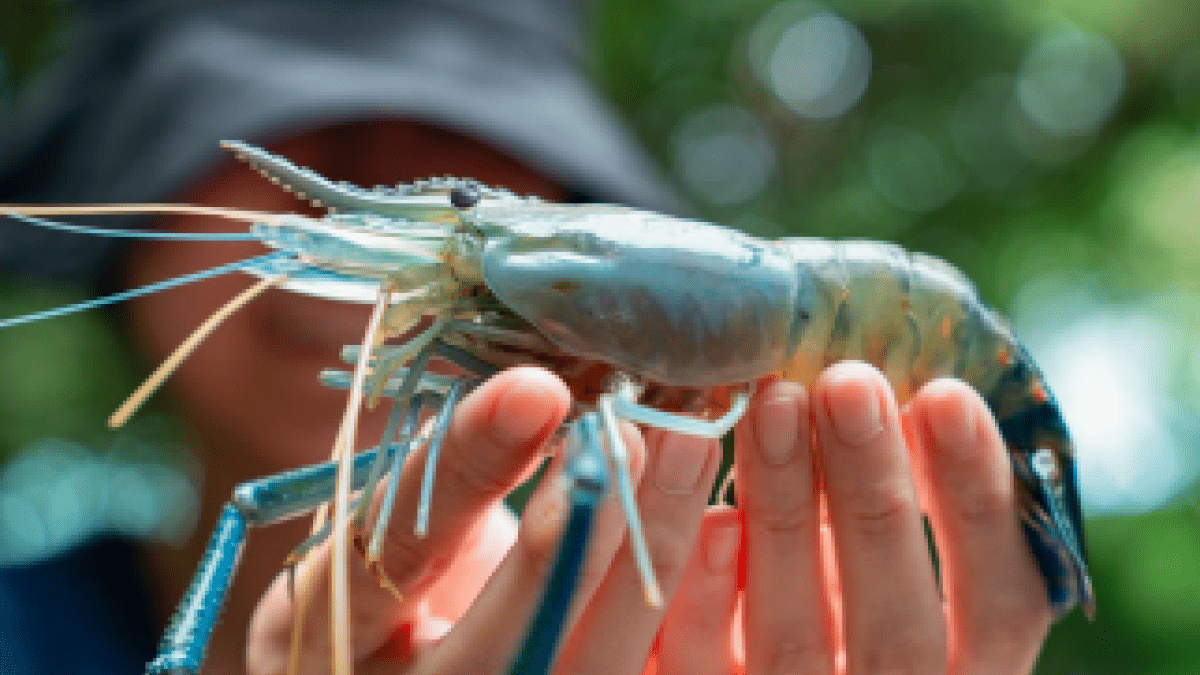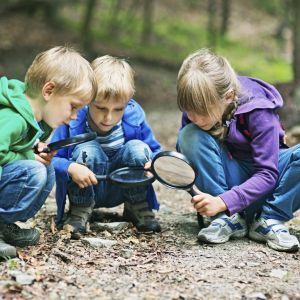UC Davis Analysis of 100 Studies Finds Community and Citizen Science Supports Environmental Education Objectives
A research team at the University of California, Davis analyzed 100 articles in the peer-reviewed literature that evaluated community and citizen science (CCS) programs and determined that these programs achieve a variety of environmental education outcomes.1 After selecting papers that met their criteria from a pool of 1639, the team read and coded each paper for participant impacts. These outcomes include gains in knowledge, positive environmental attitudes, and skills in data analysis and problem solving. Some of the programs also increased social connectedness by engaging communities in discussions of local problems. Other programs increased trust in science, enabled people to see themselves as people who use science to solve problems, and increased their environmental and stewardship behaviors.

Image

The review found that community and citizen science programs can achieve all of these outcomes, with some assessed more often than others.
Learning Outcomes from Citizen Science Programs found in Ballard et al. (2024) review:
- Environmental science content knowledge (56 papers)
- Science inquiry skills (32 papers)
- Community-level outcomes (30 papers)
- Environmental behavior and stewardship (29 papers)
- Positive attitudes toward science and environment (16 papers)
- Self-efficacy with science or environment (11 papers)
- Place values and connection to nature (9 papers)
- Interest in science or environment (6 papers)
- Identity and agency with science or environment (4 papers)
Image

Conclusion
Many of the strategies described here can be used in environmental education programs and have been demonstrated to support environmental education and science education outcomes.
To learn more about developing effective environmental education programs, please see the Guidelines for Excellence in Environmental Education. For more information about program evaluation, please visit NAAEE’s online database of evaluation strategies, the research and evaluation learning module in eeLEARN, and the environmental education workbook for practitioners.
Key Findings
Key Findings
Researchers identified seven key findings from the review of environmentally focused community and citizen science programs. Two findings describe the breadth of the programs that were captured in the review: (1) programs cover a range of topics, participants, and places; (2) programs involve people in a wide range of scientific activities. Five findings describe the outcomes that were attributed to participation in the programs: (3) science content knowledge; (4) science inquiry skills and understanding the nature of science; (5) positive attitudes about science, the local place, and the environment; (6) community connectedness and cooperation; and (7) efficacy, identity, environmental behavior and stewardship.
Process
From Anecdotes to Evidence: Diving into the Research Review Process
Download the Research Review Process
What is the impact of environmental education (EE)? What outcomes are important in the field? What do EE programs strive to attain, with which audiences, and in what settings? What existing evidence documents effective approaches related to the range of desired EE outcomes?
Questions like these motivated NAAEE and colleagues, including an expert Advisory Board, to develop eeWORKS, an initiative to coalesce existing research within the field through a series of systematic literature reviews.
The eeWORKS team at NAAEE, along with researchers at collaborating universities, focuses on a three-part process to:
- Identify relevant outcome areas and themes of interest.
- Conduct research reviews.
- Communicate and share.
Research
About the Research and Articles
A research team at the University of California, Davis analyzed 100 articles in the peer-reviewed literature that evaluated community and citizen science (CCS) programs and determined that these programs achieve a variety of environmental education outcomes. After selecting papers that met their criteria from a pool of 1639, the team read and coded each paper for participant impacts. These outcomes include gains in knowledge, positive environmental attitudes, and skills in data analysis and problem solving. Some of the programs also increased social connectedness by engaging communities in discussions of local problems. Other programs increased trust in science, enabled people to see themselves as people who use science to solve problems, and increased their environmental and stewardship behaviors. For more details on the key findings, please see Executive Summary and Key Findings.
The team explored the literature across a spectrum of programs anchored on one end by traditional scientist-led public data collection programs that may have large numbers of participants, such as the Christmas Bird Count,2 or a few highly trained participants, such as LakeWatch. While the majority of programs used adult volunteers, some were designed for classrooms (primarily middle and high schools), such as GLOBE. At the other end of the spectrum were co-created projects that engage community members in defining the problem and research question as well as ways to engage people in collecting, analyzing, and reporting the data. Some of these community science programs involve focus groups and mapping projects that engage people in providing information or collecting it from their neighbors in an effort to build momentum to create social change.
References
1 Ballard, H. L., A. J. Lindell, and C. C. Jadallah. 2024. “Environmental education outcomes of community and citizen science: a systematic review of empirical research.” Environmental Education Research. DOI: 10.1080/13504622.2024.2348702.
2 Audubon Christmas Bird Count | Audubon: https://www.audubon.org/conservation/science/christmas-bird-count


